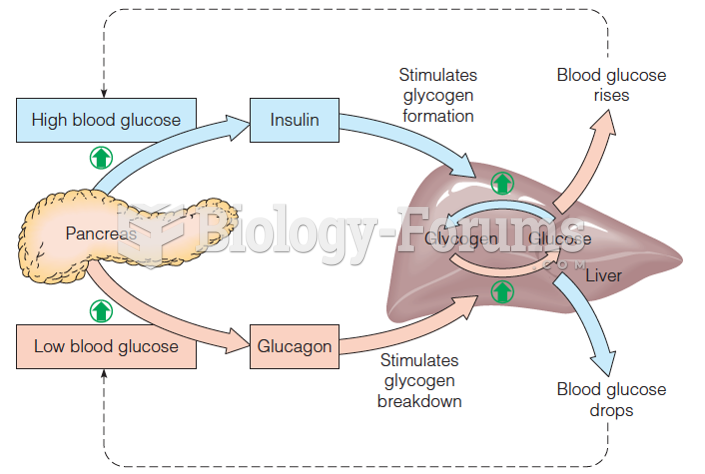|
|
|
On average, the stomach produces 2 L of hydrochloric acid per day.
The heart is located in the center of the chest, with part of it tipped slightly so that it taps against the left side of the chest.
For pediatric patients, intravenous fluids are the most commonly cited products involved in medication errors that are reported to the USP.
People with alcoholism are at a much greater risk of malnutrition than are other people and usually exhibit low levels of most vitamins (especially folic acid). This is because alcohol often takes the place of 50% of their daily intake of calories, with little nutritional value contained in it.
Many medications that are used to treat infertility are injected subcutaneously. This is easy to do using the anterior abdomen as the site of injection but avoiding the area directly around the belly button.







